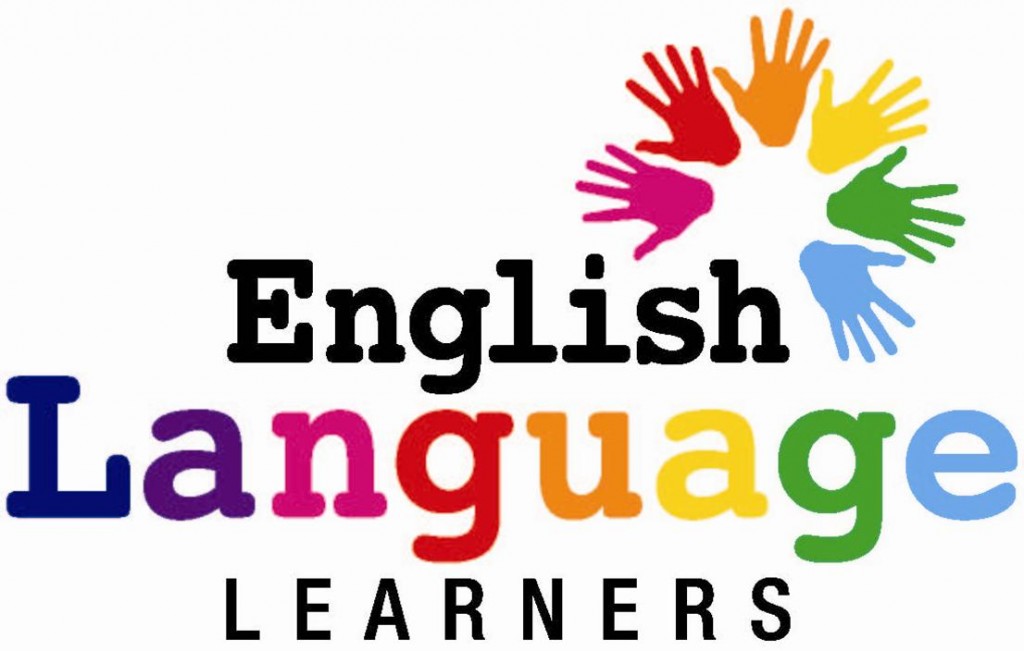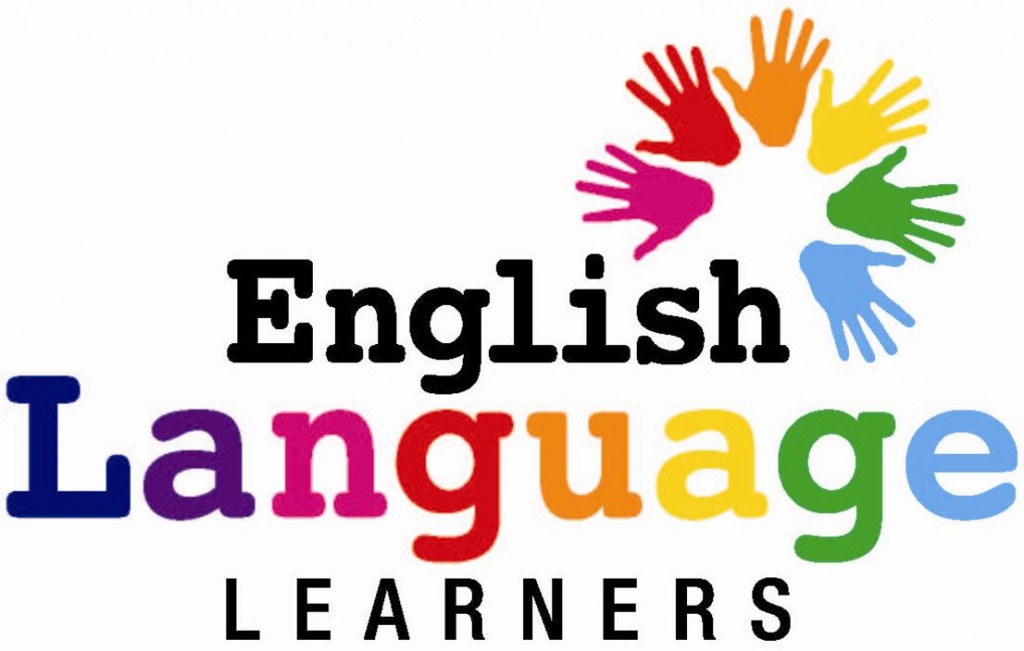Hello Aspirants. Welcome to Online English Quiz in AffairsCloud.com. Here we are creating Best question samples from Reading Comprehension, which is Based on the pattern of IBPS Pre Exam.
Directions (Q. 1 – 12) Read the following passage carefully and answer the questions given below it. Certain words have been printed in bold to help you locate them while answering some of the questions.
Keshava, the washerman had a donkey. They worked together all day, and Keshava would pour out his heart to the doneky. One day, Keshava was walking home with the donkey when he felt tired. He tied the donkey to a tree and sat down to rest for a while, near a school. A window was open, and through it, a teacher could be heard scolding the students. ‘Here I am, trying to turn you donkeys into human beings, but you just won’t study !’ As soon as Keshava heard these words, his ears pricked up. A man who could actually turn donkeys into humans ! This was the answer to his prayers. Impatiently, he waited for school to be over that day. when everyone had gone home,and only the teacher remained behind to check some papers, Keshava entered the classroom.
‘How can I help you ?’ asked the teacher. Keshava scratched his head and said, ‘I heard what you said to the children. This donkey is my companion. If you made it human, we could have such good times together.’ The teacher decided to trick Keshava. He pretended to think for a while and then said, ‘Give me six months and it will cost you a thousand rupees.’ The washerman agreed and rushed home to get the money. He then left the donkey in the teacher’s care.
After the six months were up, Keshava went to the teacher. The teacher had been using the donkey for his own work. Not wanting to give it up, he said, ‘Oh, your donkey became so clever that it ran away. He is the headman of the next village.’ When Keshava reached the next village he found the village elders sitting under a tree, discussing serious problems. How surprised they were when Keshava marched up to the headman, grabbed his arm and said, ‘How dare you ? You think you are so clever that you ran away ? Come home at once !’
The headman understood someone had played a trick on Keshava. ‘I am not your donkey !’ he said. ‘Go find the sage in the forest.’ Keshava found the sage sitting under a tree with his eyes closed, deep in meditation. He crept up and grabbed the sage’s beard. ‘Come back home now !’ he shouted. The startled sage somehow calmed Keshava. When he heard what had happened, he had a good laugh. Then he told the washerman kindly, ‘The teacher made a fool of you. Your donkey must be still with him. Go and take it back from him. Try to make some real friends, who will talk with you and share your troubles. A donkey will never be able to do that !’ Keshava returned home later that day with his
donkey, sadder and wiser.
1. Which of the following can be said about the29 teacher ?
(A) He had the ability to transform animals into human beings
(B) He took advantage of Keshava’s simple nature
(C) He had plotted with the village headman to cheat Keshava
(D) He enjoyed teaching children though he was poorly paid
(E) He was honest and used Keshava’s money to care for the donkey
2. Why did Keshava talk to his donkey while working ?
(A) He wanted to practise his communication skills because he wanted to make friends
(B) To entertain himself because he found his work monotonous
(C) The donkey helped him to find answers to his problems
(D) He regarded the doneky as his friend and confided in him
(E) He believed the donkey to be a human being in disguise
3. How did Keshava get his donkey back ?
(A) He threatened to take the teacher to the village elders
(B) The sage forced the teacher to release the donkey
(C) He asked the village headman for help
(D) The teacher returned it on learning that Keshava had learnt his lesson
(E) None of these
4. Which of the following is NOT true in the context of the passage?
(a) The donkey was over burdened by the teacher.
(b) The teacher was cunning by nature.
(c) The sage laughed at Keshava and treated him unkindly.
(A) Both (a) & (c)
(B) Both (b) & (c)
(C) Only (b)
(D) All (a), (b) & (c)
(E) None of these
5. Why was Keshava keen to meet the teacher one day ?
(A) Keshava wanted to ask the teacher how to make his donkey a better companion
(B) He wanted to learn more prayers as he was devout
(C) He had been reliably informed that the teacher had changed donkeys into human beings
(D) He heeded the teacher’s words of advice and wanted to study
(E) None of these
6. Why did Keshava interrupt the discussion among the village elders ?
(A) He did not agree with their views on different issues
(B) To confront the headman who had cheated him out of one thousand rupees
(C) He wanted them to get justice for him
(D) He was looking for the donkey and wanted to ask for directions
(E) None of these
7. What made Keshava pull the sage’s beard ?
(A) He wanted to wake up the sage who was a sleep under the tree
(B) The headman requested him to move the sage from under the tree
(C) He wanted the sage to explain what had happened to the donkey
(D) He misunderstood the village headman and took the sage to be his donkey
(E) None of these
8. Why did the teacher ask Keshava to leave the donkey with him for six months ?
(a) He realised that the donkey would require a lot of training.
(b) To reduce Keshava’s dependence on the donkey.
(c) He wanted to rescue the donkey from Keshava who did not know to treat the donkey properly.
(A) None
(B) Only (b)
(C) Both (a) & (b)
(D) Only (c)
(E) None of these
Directions (Q. 9 – 10) Choose the word which is MOST SIMILAR in MEANING to the word printed in bold as used in the passage.
9. trick
(A) joke
(B) skill
(C) mislead
(D) technique
(E) lunny
10. remained
(A) pending
(B) waited
(C) lasted
(D) survived
(E) continued
Directions (Q. 11 12) Choose the word which is MOST OPPOSITE in MEANING to the word printed in bold as used in the passage.
11. real
(A) false
(B) imitated
(C) dishonest
(D) imagine
(E) genuine
12. deep
(A) low
(B) distracted
(C) flat
(D) awake
(E) sleep



